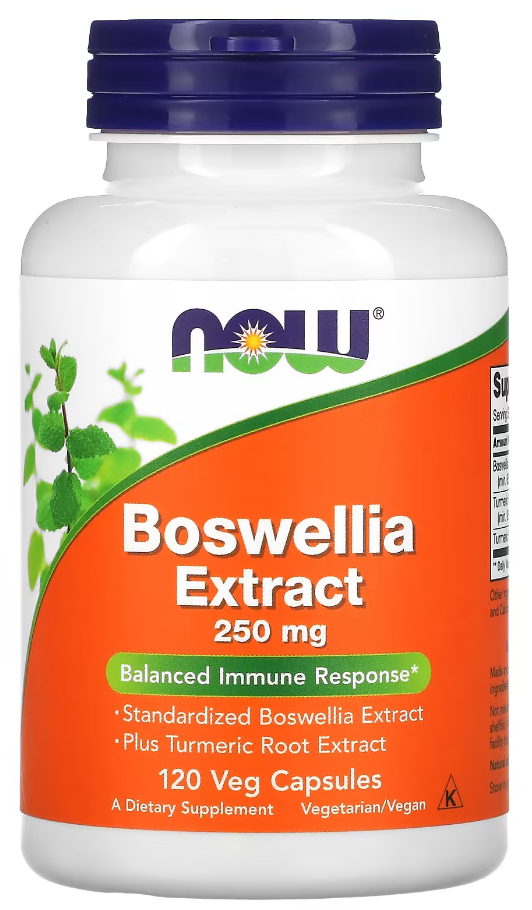Boswellia (Frankincense) has been used for thousands of years in preparation for fumigation in religious and cultural ceremonies and in traditional medicine in many countries such as Africa, China, India, the Middle East, etc., with anti-inflammatory, antiseptic, expectorant, anxiolytic, antineralgia, analgesic and sedative properties.
Multiple preclinical and clinical studies confirm that it shows great potential in the treatment of inflammatory diseases such as asthma, arthritis, cerebral edema, chronic intestinal diseases, chronic pain syndrome, cancer, etc
In empirical medicine, what are the benefits of boswellia? Whether there are side effects of boswellia is detailed in the text analysis
What is Boswellia?
Boswellia is oleoglue resin extracted from the genus Boswellia of the olive family, collected by cutting the bark of the trunk, the resin seeps out from the incision and solidifies into irregular masses, the composition is composed of essential oils (5% to 9%), mucopolysaccharides (20% to 23%) and resin (60%), in nature, oleoresins protect trees from infections and pests,
The common boswellia is mainly produced by 4 species of the genus Boswellia serrata from different regions, namely Boswellia serrata from India, Boswellia carterii from East Africa and China, Boswellia frereana from Northeast Africa, and Boswellia sacra from the Middle East.
What are the proven benefits of boswellia?
1. Boswellia is good for osteoarthritis
Osteoarthritis is a chronic degenerative osteoarticular disease characterized by joint cartilage degeneration, mild synovitis, meniscal injury, bone remodeling, subchondral osteosclerosis, and osteophyte formation.
Its etiology and detailed pathological mechanism are not fully understood, but may be related to factors such as age, mechanical wear, genetics, obesity, and sex hormones.
A systematic review and meta-analysis (7 randomized controlled trials, 545 people with osteoarthritis) noted that Boswellia serrata or its extract (daily dose of 100 to 250 mg for at least 4 weeks) reduced pain (measured by VAS and WOMAC pain) and stiffness (measured by WOMAC stiffness) compared with controls, and improve joint function (measured by WOMAC function and lequesne index).
*Conclusion: For osteoarthritis, the use of boswellia or its extract may have a positive effect on disease improvement, but more studies are needed to support this due to small sample sizes and risk of bias
2. Boswellia is beneficial for chronic cluster headache
Cluster headache is a rare but severe primary headache with circadian rhythms and cyclic patterns characterized by unilateral pain around the orbit, headache onset less than 3 hours, and ipsilateral autonomic symptoms.
Chronic cluster headache, on the other hand, refers to cluster headache attacks that occur for 1 year or more with no remission or less than 3 months.
An open-label case study of four patients with chronic cluster headache showed that oral boswellia extract (Sallaki H15) reduced headache intensity and frequency.
*Conclusion: For chronic cluster headache, oral boswellia extract may bring positive help, but limited by the small sample size, more studies are needed for further verification
3. Boswellia is beneficial for Crohn’s disease
Crohn’s disease is a chronic inflammatory bowel disease characterized by mucosal ulceration and inflammation that can occur anywhere in the gastrointestinal tract, but most commonly affects the distal small intestine.
More than 2.50 million people suffer from the disease in the Western world, and the incidence is rising in developing countries.
Despite the complexity of etiology, the most widely accepted hypothesis is that Crohn’s disease is an immune-mediated disease triggered by environmental factors that disturb the mucosal barrier, alter the healthy balance of the intestinal flora, and abnormally stimulate the intestinal immune response.
A randomized, double-blind controlled study (in 102 patients with Crohn’s disease) showed that boswellia extract further improved the Crohn Disease Activity Index compared with the anti-inflammatory drug mesalazine.
*Conclusion: For Crohn’s disease, the use of boswellia extract may be of positive help, but limited by the small sample size, more studies are needed for further verification
Are there any side effects of boswellia?
Boswellia has been used by humans for thousands of years and is safe for most people when used appropriately, but possible side effects or adverse effects have been reported: stomach pain, nausea, diarrhea, heartburn, itching, headache, swelling, and general weakness
Safety precautions (5 contraindications to use)
1. Do not use by pregnant and lactating women (due to unknown safety)
2. Do not use for poor liver and kidney function (due to unknown related safety)
3. Do not combine with anti-inflammatory and painkillers, as they may affect the efficacy of drugs, including ibuprofen, aspirin and other non-steroidal anti-inflammatory drugs (NSAIDs)
4. Patients with autoimmune diseases should not use, because boswellia may have the effect of promoting immune function and may cause symptoms to worsen, related disease names are: multiple sclerosis, systemic lupus erythematosus, rheumatoid arthritis, or other immune system diseases
5. May induce allergies, there has been a case of topical boswellia cream causing allergic contact dermatitis. Note 4
Where can I buy the highest quality Boswellia that is recommended by most people?
| NOW Foods, Boswellia Extract, 250 mg, 120 Veg Capsules (Direct shipping from the United States / Worldwide delivery) |
Product Features: Balanced Immune Response Standardized Boswellia Extract Plus Turmeric Root Extract A Dietary Supplement Vegetarian/Vegan Kosher Botanicals/Herbs Family Owned Since 1968 GMP Quality Assured Halal | |

